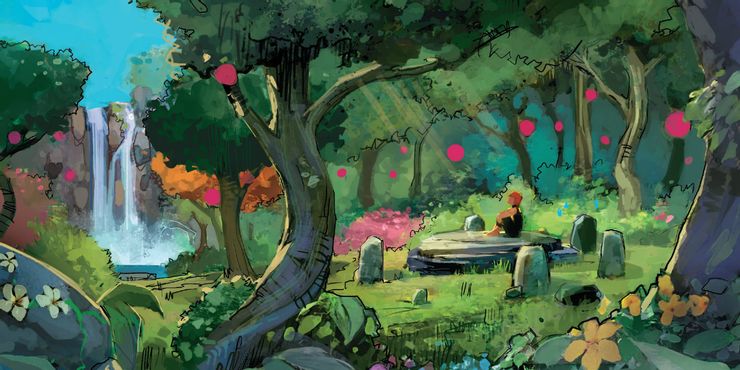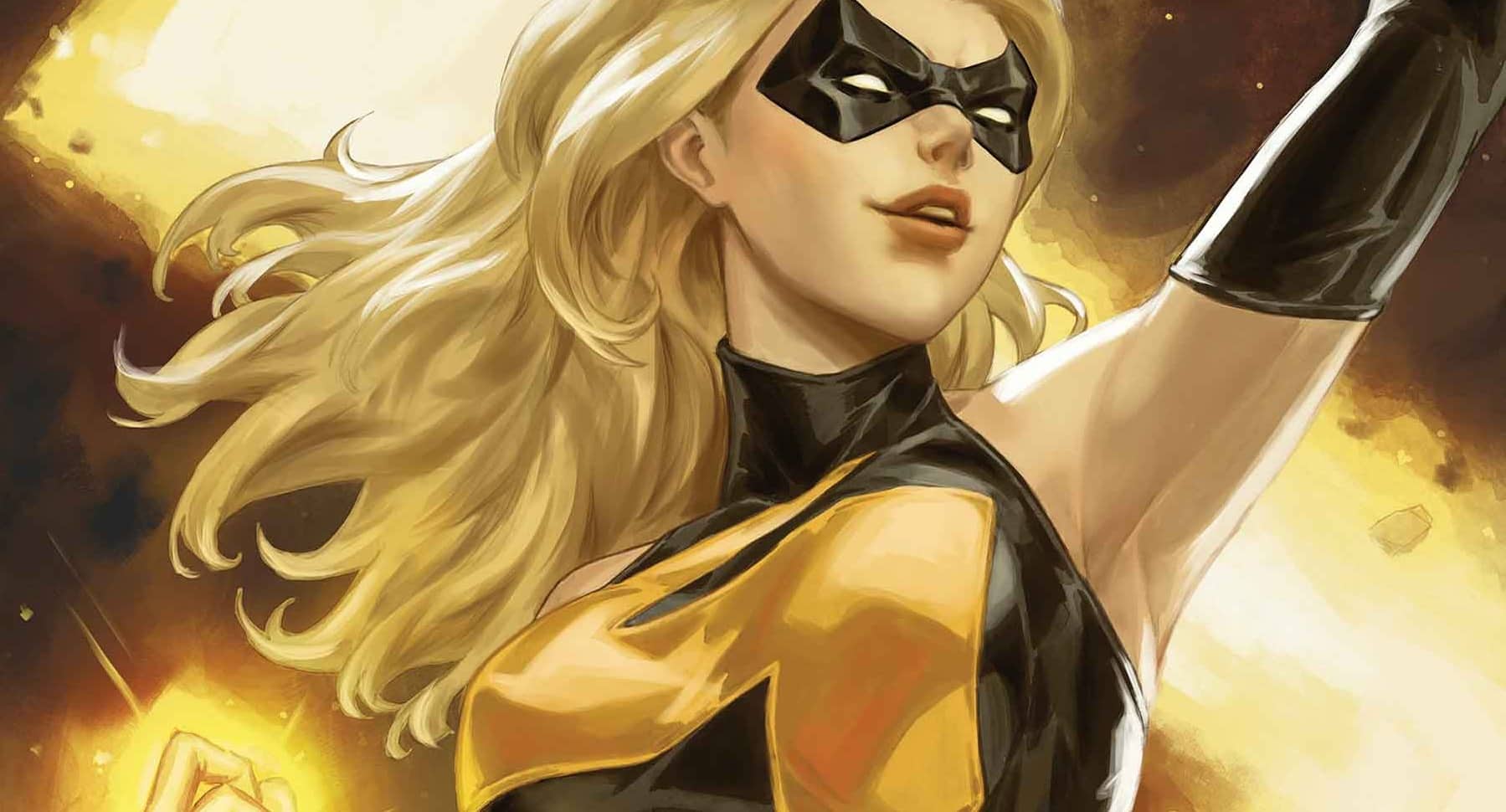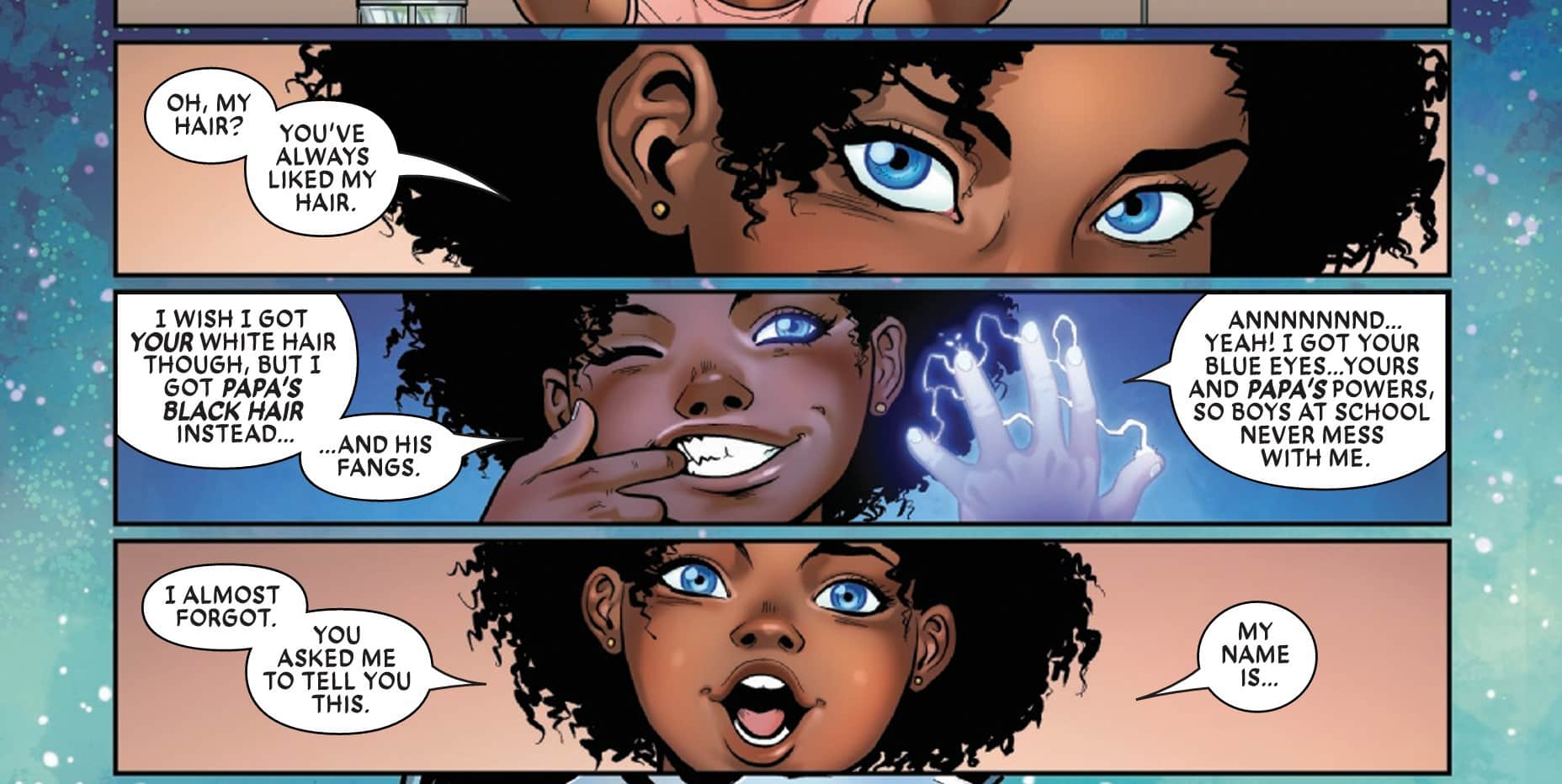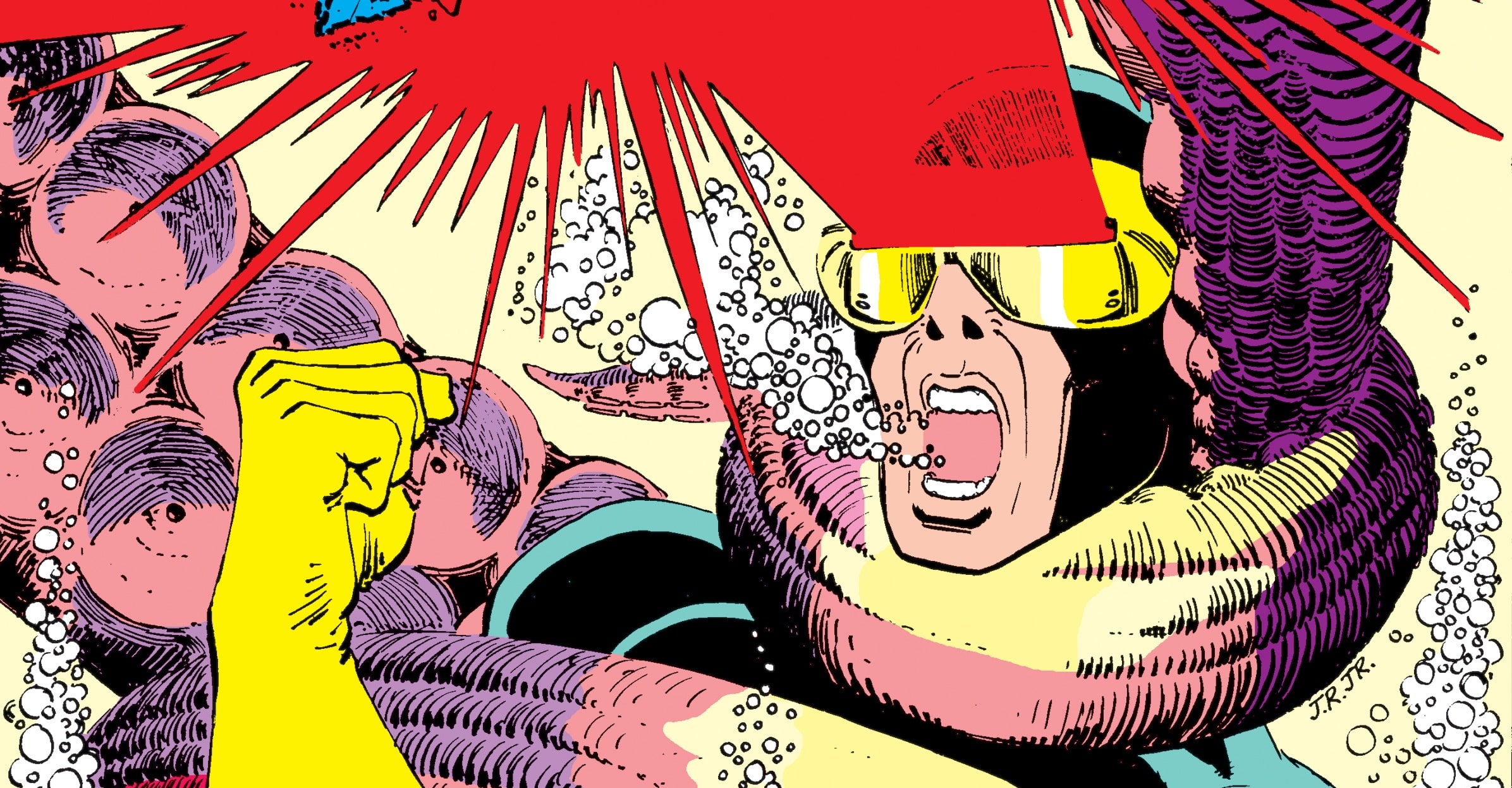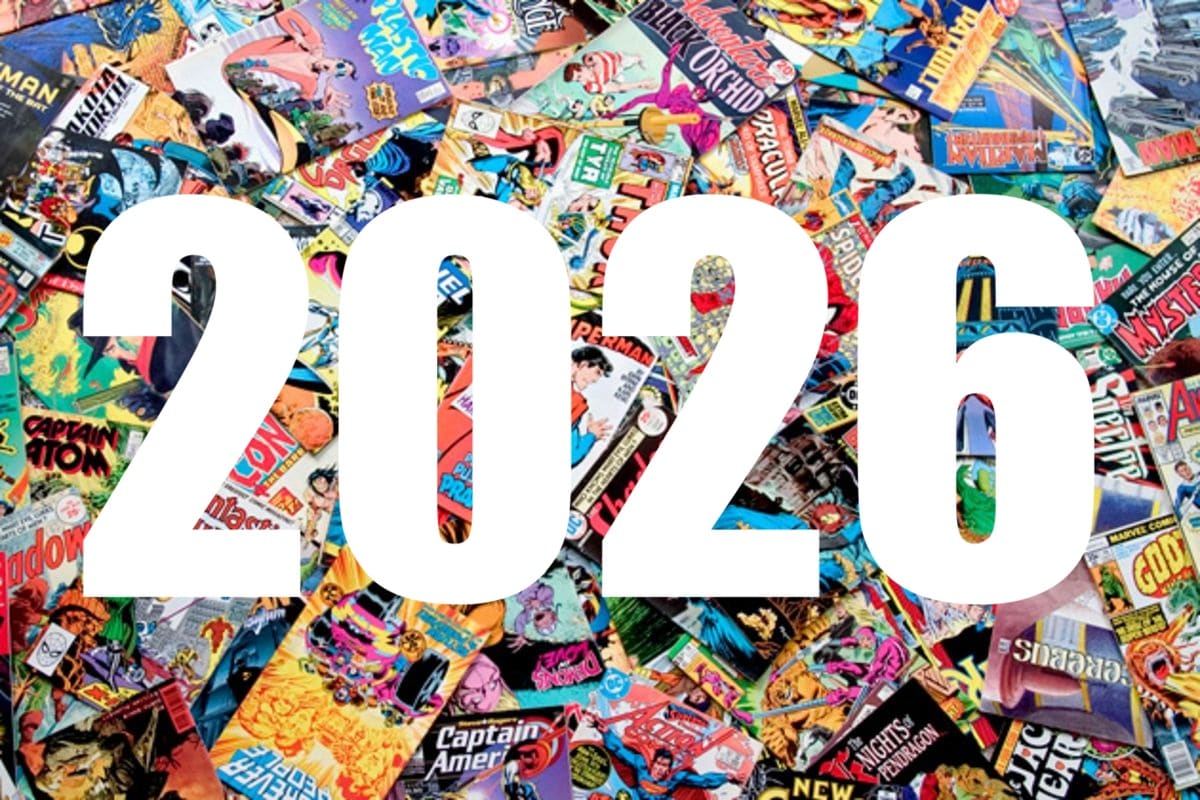It was August 27th, 2005.
I arrived in Houston with only a box of photos, a camera, my computer, and my favorite jeans: 22 years of life distilled into a few disparate possessions. What I assumed would be an erstwhile vacation turned into a trauma that’s never subsided, leaving behind a New Orleans that would never return.
There are stories to tell about my time there – stories others have told, and some that maybe I can’t muster to tell. But the pertinent story is also the shortest: Even though I would be objectively better off there, I never, ever, not even for a second, accepted Houston as my home. I am a New Orleanian. By hook or crook I had to come back. New Orleans binds you. Guides you. Defines you. This is the power of a culture.
Krakoa isn’t just the new mutant homeland, but shorthand for establishing a mutant culture – a mutant society. This makes sense: forging stronger bonds makes nations stronger. More resilient. And every single mutant knows how necessary resilience is. For they – man, machine, or otherwise – will come, eventually. It’s human nature. They come for us all.
So society is good, yes, and maybe this society would be good. But I already have a society. I already have a culture. Houston was a good place. It offered better opportunities. I still came home. So would a Krakoan society be for me?

My political freedom – my right to vote, own land, be educated, shop at a store, use a public bathroom – was paid for by the blood of my ancestors. I am distanced from their bloodshed by the thinnest of margins. Margins so thin, in fact, they’re almost imperceptible, as the blood they shed then and the blood we shed today blur any delineation between the two.
Maybe because of that bloodshed, it would be wise to leave for Krakoa. I shouldn’t have to bleed to prove my worth. Yet leaving feels like a capitulation. Surrender. I would leave all that my parents fought for. All that my great grandparents literally slaved for. All that I’ve spent my career fighting for. Moving to Krakoa might be wise, but it would feel like a betrayal. And for what gain?

Those three laws don’t benefit me anymore than the many laws my country selectively enforces. Who will protect me from those on the island who seek to do me harm? America has never protected me. I’ve always had to fight to be recognized. Fight to be heard. So why would I leave one fight only to be marginalized in representation yet again? Why would I leave behind work unfinished just to start more work anew?
I wouldn’t move to Montana or North Dakota. Not Maine or New Hampshire. And to be honest, I’m not sure if I’d be comfortable living in most of my native Louisiana. Where would I get a haircut? Or buy seasoned food? Where would I go to hear music I like? Who would I trust to teach my children?
Most of the United States is inaccessible to me, if not physically then practically. And beyond the practical, there’s the pertinence of the personal. What about the neighbor who used to look after my brother when it got dark outside? Or the guy who works the corner store who would let me pay tomorrow? What of the friends and family who lived within walking distance? Who would watch our non-mutant parents? Who would care for our non-mutant brothers? Which mutants would teach my children? The extremist Exodus? The racist Fenris? Why would I leave a struggle only to struggle more?
Being Black in America requires constant calculation and compromise: what I’m willing to give has to be less than what I’m likely to get. That’s why so many of us came back home after Katrina: our community – our society – could not be replicated or replaced anywhere else. The give exceeded the get; establishing a new residency required relinquishing so much of what made life not just fulfilling, but survivable. For those of us who needed the most, including the poor and the infirm, the lonely and the healing, that residency – that society – kept us alive.
Thus the greatest indictment of a Krakoan society: it assumes a privilege of autonomy that the neediest mutants – and humans – don’t possess. Krakoa may be nominally idealistic, but in practice it’s classist, since only the strongest, most independent mutants could leave the human world cold turkey and survive.

So no, I don’t think I’d go. I don’t know if I’d suggest anyone else go either. Not until the “little New Orleans” section of Krakoa has French bread, beignets, and good bourbon. My language and mannerisms stem from West Africa and France, the indigenous and the Spanish, the Caribbean and Italian. I don’t feel a desire or a need to give up all of this for a dream that not only doesn’t define me, but may not defend me any better than I am now. Besides, we know how this is going to end. My Blackness lends me a clairvoyance, and I can look in my history and see exactly what they do every time we assert ourselves. They came for us, eventually. They will come for us all. We can never run away from who we are.
This is why I struggle with the analogy of Krakoa. We can not simply create a society without recognizing that we are still part of society. And no matter where we go – as mutants or as a Black people – the problems of society at large will always follow. In Krakoa or in Louisiana, we will still have to fight. I simply choose to fight where the food is better.
It is February 14th, 2021.
Ironically, I did eventually move away from New Orleans. Four years ago, motivated by self love, romantic love and the love of money, I moved to Washington, DC, a city whose culture is familiar, yet (as I look at ice in the ground) breathtakingly different. I didn’t bring much: only photos, a camera, my computer, and my favorite jeans.
I wasn’t running from anything this time. I was running towards something: a future. A foundation. Towards a place with its own culture, yes, but a culture that’s familiar, filled with faces and friends eager to facilitate my transition. And while it’s been far from perfect (I’m still working on all of that love), it’s been necessary for my growth, both professional and personal. That’s key. Maybe that’s the difference. So maybe I did move to Krakoa… or maybe, as friends have joked, I moved to Wakanda. But that’s a conversation for a different day.

A proud New Orleanian living in the District of Columbia, Jude Jones is a professional thinker, amateur photographer, burgeoning runner and lover of Black culture, love and life. Magneto and Cyclops (and Killmonger) were right. Learn more about Jude at SaintJudeJones.com.

